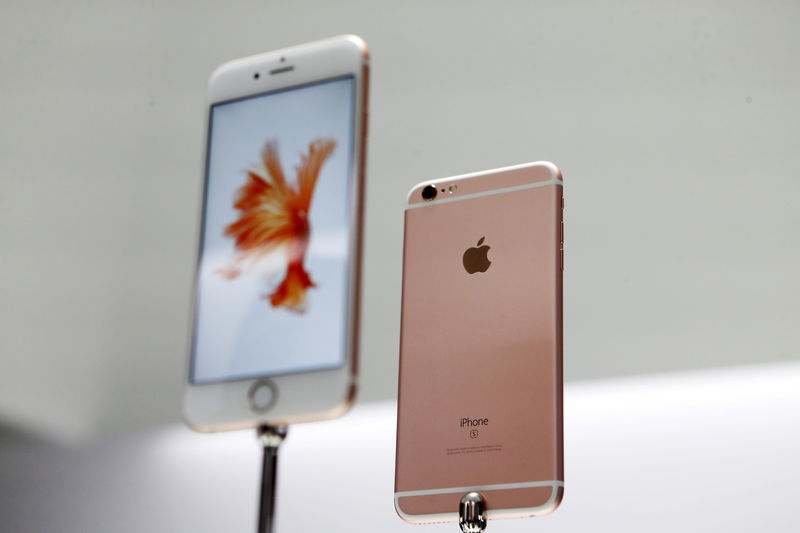This post was originally published on this site
https://i-invdn-com.investing.com/trkd-images/LYNXMPEI560AK_L.jpg
The service, called Apple Pay Later, presents a direct challenge to Afterpay-owner Block Inc, PayPal (NASDAQ:PYPL) Holdings and Affirm Holdings – the biggest BNPL player in the United States.
“(The) move into BNPL suddenly makes Apple the most accepted BNPL product out there,” said Vincent Caintic, an analyst at Stephens Inc.
He added Apple has a big competitive advantage over industry players as its Apple Pay service was used by 85% of U.S. merchants, compared with rivals’ relatively small presence.
Shares in Affirm, PayPal and Jack Dorsey-led Block fell between 1.1% and 4.8%, while Australia-listed peers Zip Co and Sezzle Inc closed down 5.2% and 14.4%, respectively.
“Apple’s latest BNPL offering competes with their products directly, adding to the gloomy outlook that BNPL firms will struggle to survive the cost-of-living crisis,” said Kunal Sawhney, chief executive officer at Kalkine Group.
Even before Apple’s entry, the sector was under pressure as a boom sparked by the pandemic fizzled out and governments ramped up oversight of what was a largely unregulated industry.
Responding to that pressure, Swedish fintech firm Klarna – seen as the bellwether of the industry – laid off 10% of its staff last month.
Affirm, however, said on Tuesday it was confident about its long-term prospects.
“Even as more players join the movement we started, the prize remains massive, and Affirm is well-positioned to win,” a company spokesperson said.

